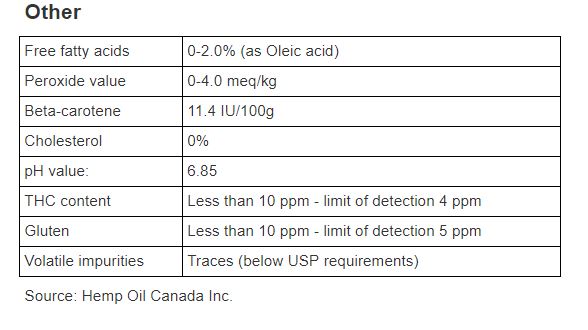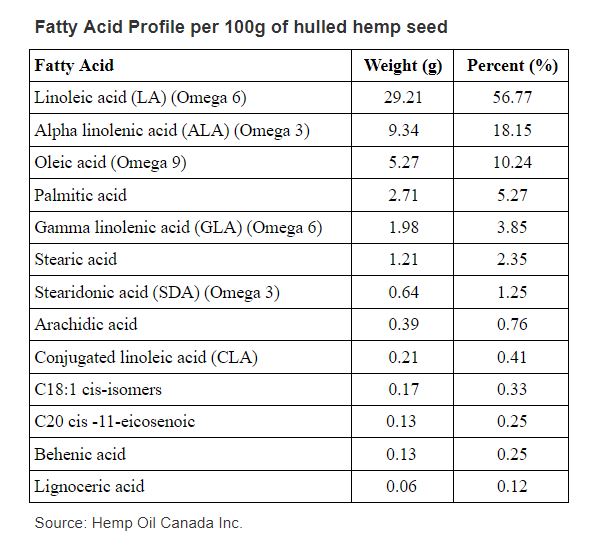WHY IS HEMP IMPORTANT?
Industrial hemp is possibly the most important plant on earth. Its fatty acid and amino acid profiles are identically aligned with human DNA, so as a food source, it offers protein, omegas and dietary fiber in perfect proportions to our nutritional needs. For food consumers, hemp seeds have it all. Hemp is naturally gluten free, non GMO, free of trypsin inhibitors, dairy free and virtually free of any form of residual chemicals. Hemp protein is highly nutritious and easily digested and hemp seed oil is cold pressed to retain all of its natural nutritional value. Hemp seed oil is a perfect balance of Omega 3-6-9, ideally suited for optimal human nutrition. Hemp seed/grain is also an excellent source of digestible fiber and a wide array of minerals and vitamins.
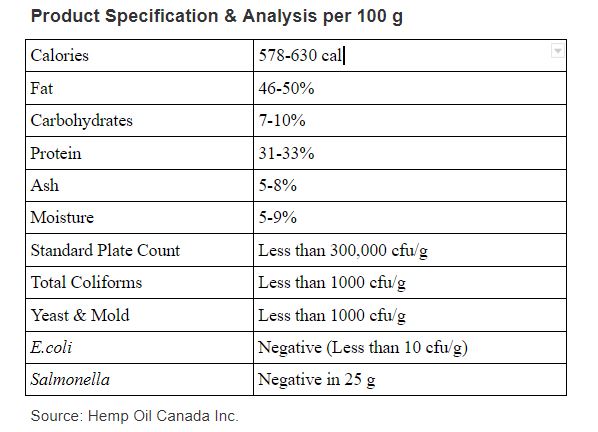
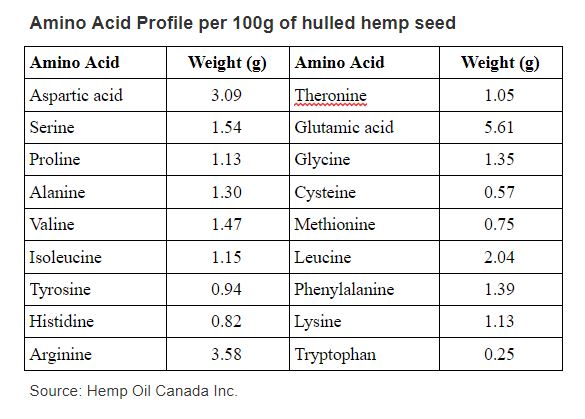
Beyond nutrition, the hemp plant provides the strongest, most durable, longest lasting, natural, soft bast fiber compared to alternative sources. Its flexible characteristics provide durable clothing, shelter, building materials and an endless number of diverse products to satisfy human needs and wants. For the fiber industry, hemp has proven to be an excellent natural insulator. It has applications as a high-quality pressboard material, hempcrete, composite and plastic substrate product. Hemp is also being developed as a superior alternative to graphene, a supercapacitor energy storage technology used to power electronic devices.
In the medical industry, the application and value of industrial hemp is largely undiscovered. Based on preliminary scientific testing and results, industrial hemp contains important building blocks that could have beneficial impacts in the treatment of some medical conditions.
Equally important are the agronomic advantages of industrial hemp. The climate zones and soil types of North America provide excellent growing conditions for industrial hemp. It is an environmentally friendly crop with beneficial returns to the soil and atmosphere.
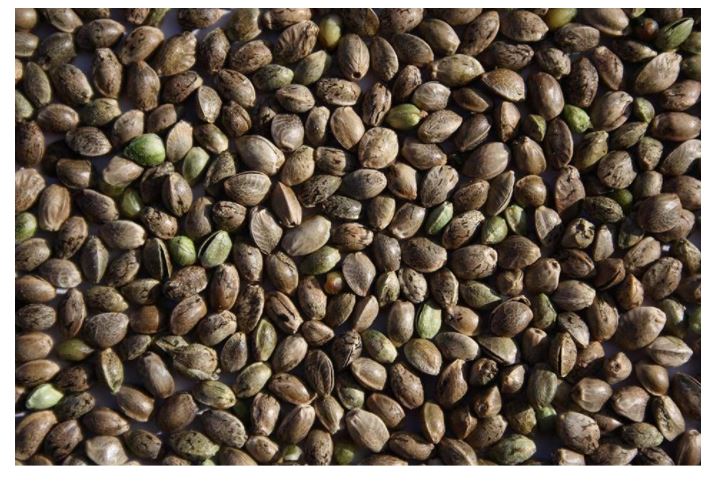
For Canadian producers, industrial hemp has offered a crop rotation option with a high “return per acre.” This has been achieved with minimal investment in science and research, contrary to other Canadian crop types over the past few decades (ex. canola, flax and peas).
Industrial hemp represents significant value for producers, processors, consumers and the economy in general. It has the potential to become one of the most important crops in the North American agricultural milieu. This process begins with optimizing production and quality.

